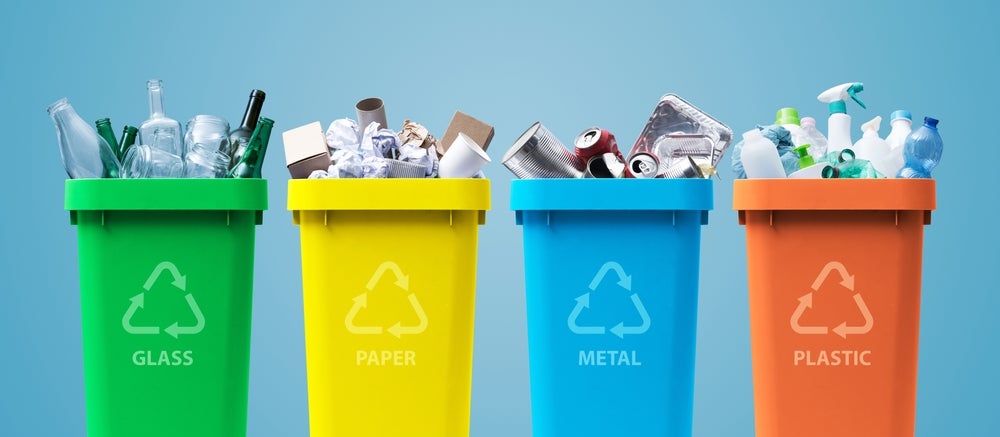
On 21 October, the UK government provided further information on its plans for ‘Simpler Recycling’ across the country, first announced by PM Rishi Sunak.
At a press conference in late September 2023, Sunak stated he intends to ‘scrap the process of seven recycling bins’, which he called ‘burdensome’.
The Simpler Recycling reform attempts to allow people across England to recycle the same materials and reduce the number of bins required for collection.
The materials highlighted by DEFRA include glass, metal, plastic, paper, card, food waste and garden waste.
British Glass’s view on Simpler Recycling
A representative body for the UK glass industry British Glass has provided its perspective on the government’s plans.
CEO Dave Dalton commented: “We welcome the inclusion of glass to the Simpler Recycling reform as one of the recyclable waste materials to be collected from households across England. Ensuring that all households have access to kerbside glass collections is a positive step in helping to increase collection rates and facilitating a more convenient process for consumers.”

US Tariffs are shifting - will you react or anticipate?
Don’t let policy changes catch you off guard. Stay proactive with real-time data and expert analysis.
By GlobalDataHowever, Dalton asserts that the reform will actually make recycling processes more complex and less efficient as more dry waste materials are mixed together, particularly for glass.
“We know that glass recycling will be hindered by co-mingling all dry waste, as this reduces the effectiveness of the glass recycling process through contamination with other waste streams.
According to British Glass, metals can be co-mingled with glass with little issue while PET beverage bottles can also be co-mingled, but this comes with challenges and should be avoided where possible.
Dalton continues: “Other materials should not be co-mingled with glass for collection as it could massively reduce the effectiveness of recycling these materials.”
British Glass is now calling on local authorities to explore options to collect glass separately or only with a few other dry waste materials to ensure that glass recycling rates continue to grow.
Dalton concluded: “With glass being 100% recyclable, we must ensure that increased glass collection also leads to increased recycling rates.”


